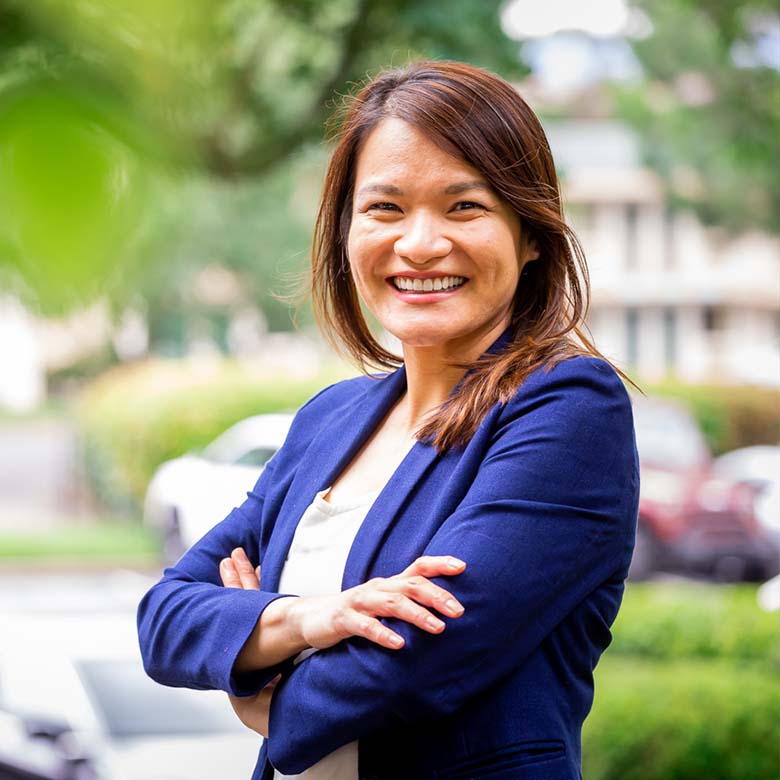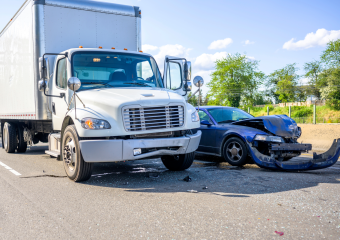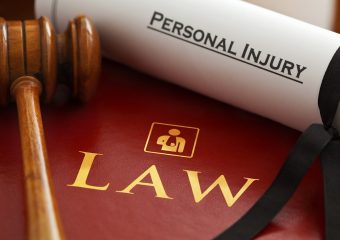Roswell Rideshare Accidents: Who’s Liable—Uber, Lyft, or the Driver?
Roswell Rideshare Accidents: Determining Liability
Rideshare Accidents in Roswell have become a significant concern with the rising popularity of services like Uber and Lyft. As these services redefine public transportation, the complexities of legal and insurance-related issues also evolve, particularly around the question of liability when an accident occurs. Is it Uber, Lyft, or the driver who is liable? Understanding who is responsible in the event of an accident can help both riders and drivers navigate the aftermath more effectively.
The Essentials of Rideshare Operations
Before diving into liability, it’s crucial to understand how rideshare companies operate. Uber and Lyft, the most prominent players, function on a model where drivers are considered independent contractors rather than employees. This distinction is central to the issue of liability because it affects how responsibility is distributed during legal proceedings for accidents.
These companies require their drivers to have personal insurance that meets or exceeds local requirements. Additionally, Uber and Lyft provide their coverage which only becomes active under specific circumstances. This layered insurance system is where the complexity of liability begins.
Understanding Rideshare Insurance Coverage
To fully grasp liability in rideshare accidents, one must first understand the three-part insurance model that companies like Uber and Lyft use:
- Driver’s Personal Insurance: This coverage is the primary insurance when the driver is not logged into the rideshare app and is driving for personal purposes.
- Coverage When App is On, No Ride Accepted: When the driver is logged into the app but hasn’t yet accepted a ride, Uber and Lyft provide limited liability insurance, which typically covers damage exceeding the driver’s personal insurance limits.
- Full Coverage Mode: From the moment a ride is accepted to passenger drop-off, Uber and Lyft offer up to $1 million in liability coverage, including third-party liability, uninsured/underinsured motorist bodily injury, and contingent collision and comprehensive coverage.
Determining Who is Liable in a Rideshare Accident
When an accident occurs involving a rideshare vehicle, determining liability involves assessing the driver’s status at the time of the accident:
- Offline or App Off: If the rideshare driver is not logged into the app, the driver’s personal auto insurance is solely liable for damages.
- App On, No Passenger: If the driver is logged into the rideshare app but has not yet accepted a job, both the personal insurance of the driver and the limited liability insurance from the rideshare company might be in play, depending on the circumstances of the collision.
- During a Ride: If the accident happens while the driver has passengers or is on the way to pick up passengers after accepting a ride, the rideshare company’s $1 million policy coverage is primarily in effect.
Legal Implications and Proceedings
Should the rideshare driver’s actions or negligence lead to an accident, typically, the rideshare company’s insurance is considered the primary source for compensation due to the high limits provided. However, issues can get legally intricate if the driver’s negligence is beyond the scope of ordinary incidents, such as driving under the influence or intentional misconduct.
In some cases, plaintiffs might argue that despite the independent contractor label, rideshare companies should bear greater responsibility, particularly if it can be shown that the company did not exercise due care in hiring practices or enforcing safety policies.
Conclusion: Navigating Roswell Rideshare Accidents
For Roswell residents and visitors using rideshare services, understanding these nuances can be crucial. Conversely, rideshare drivers must keep themselves well-informed about the insurance requirements and the terms of their contract with Uber or Lyft. Anyone involved in a rideshare accident should consider consulting with legal professionals who specialize in this new and evolving area of law. This expertise ensures that all parties involved are adequately protected and compensated, making the roads safer for everyone—the ultimate goal for both rideshare companies and their bustling community of users.






